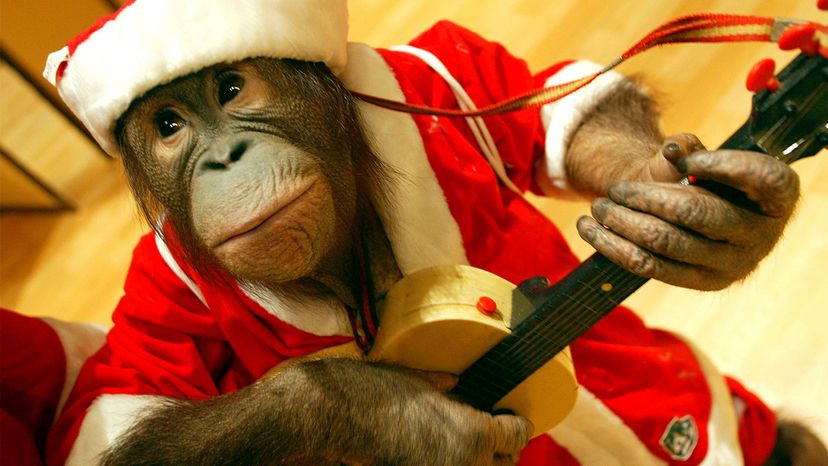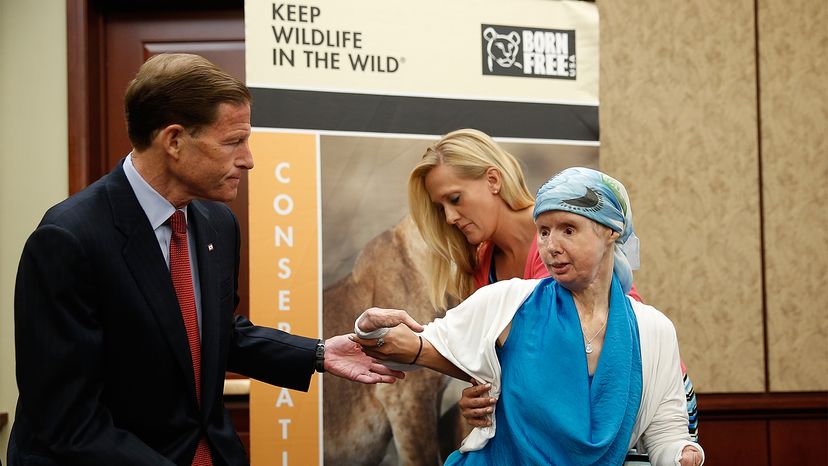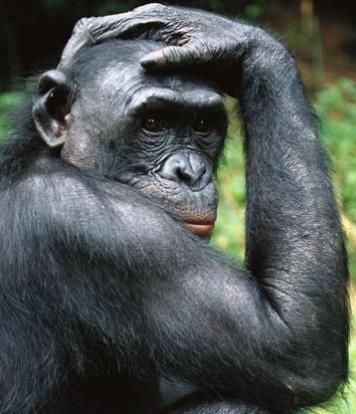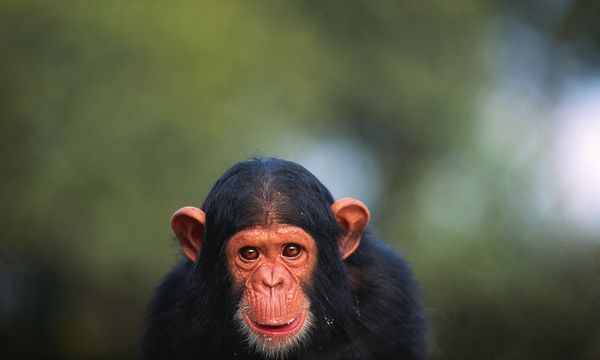Monkeys can thrive in a variety of environments and climates, including rainforest, savannah and mountainous terrains. Some primates spend their time hanging out in treetops and others on the ground. But one situation that they cannot do well in — under most circumstances — is captivity, whether that be in a zoo or when they are kept as pets.
"Each species of primate has evolved over millennia to live successfully in their natural habitat. Based on these factors alone, it quickly becomes evident that captivity — no matter how extensive or well-constructed — cannot begin to meet the myriad needs of any primate species," says Dr. Liz Tyson, Primate Sanctuary Director for Born Free USA.
According to Leahy, the Association of Zoos and Aquariums recommends that chimpanzees be kept in a habitat of no less than 2,000 square feet (186 square meters) of indoor and outdoor space and vertical heights of more than 20 feet (6 meters); similar guidelines would likely apply for monkeys as well. You'd also need adequate shade, water and climbing structures for primates of any kind. "Primates would much prefer to be kept outdoors in spacious, natural habitat enclosures," says Leahy.
Many homeowners considering pet monkeys would definitely be unable to provide these basic habitat requirements, particularly for individuals living in cramped or urban dwellings. In addition to limited confines, Leahy notes other household horrors that could gravely injure a monkey. These include ingestion of cleaning products and household plants; strangulation due to leashes or cords used on window blinds; burning due to contact with stoves, irons, light bulbs and candles; and falling from windows.
"Monkeys are escape artists and pose a risk to the community when kept as pets in residential areas," says Leahy. According to her, HSUS has compiled data that shows more than 200 people have been injured since 1990 in "dangerous incidents" related to primates kept as pets or in private captivity. Leahy further explains that escaped pet primates are often shot by authorities. And if the monkey does attack a human, the pet is likely to captured, tested for disease and killed.
Even in less catastrophic situations, monkeys are still highly disruptive, which could lead to some not-so-friendly encounters with your neighbors. "Some primates can be very vocal, which your neighbors may not appreciate. For example, howler monkeys are so loud they can be heard miles away, gibbons emit a variety of noisy and lengthy "hoo"-type calls, and others may vocalize with grunts, squeaks, whistles, and screams," says Leahy. And certain urban noise pollution, including fireworks and sirens, can also cause stress in the primates themselves.



